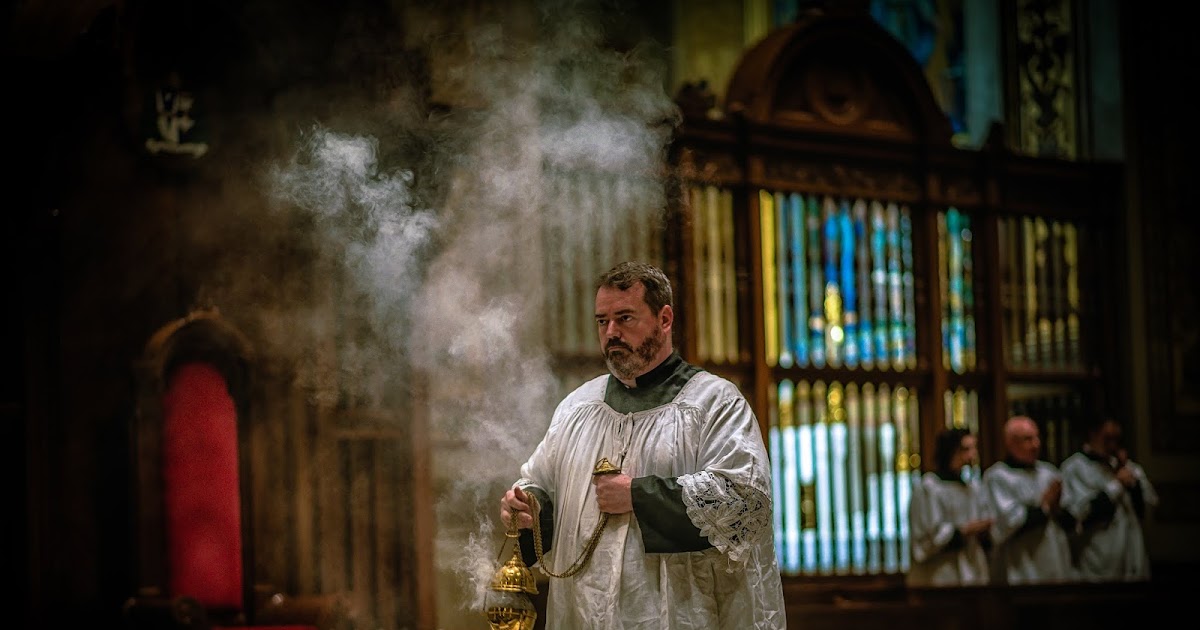The Church Exists to Seek First the Kingdom of God - 4 minutes read

As the traditional Latin Mass returns and as discussions of it multiply, one might hear an objection like the following, which I heard almost verbatim. “The traditional Latin Mass is too focused on the vertical and not enough on the horizontal. It fosters a bunker or fortress mentality. We cannot have people leaning so much toward the contemplative; they must be ready to storm the battlefield of the culture war.”A specimen “in the wild” can be seen in the following words published a few years ago by a Catholic writer who, I believe, would no longer endorse them:
If this caricature were true, why would the greatest saints of charity and social justice — such as St. Vincent de Paul in the seventeenth century, or in our own times, Dorothy Day, who was traumatized by the liturgical revolution — encourage the careful and beautiful celebration of the traditional liturgy, which nourished them for their whole lives? They knew that whatsoever we do to the poor, hidden, humble, and vulnerable Host, we do to the glorious Christ our Judge in heaven; indeed, whatsoever sin we commit against the divine liturgy, we commit against our poor brothers and sisters, whose greatest treasure in this world is the Church’s faith and worship. For it is in the liturgy that the comforting words of the Prophet Isaiah are fulfilled:
The history of the Church tells a far different story, one that C. S. Lewis has aptly conveyed in a famous passage from Mere Christianity that’s always worth repeating:
In the hustle and bustle of actively participating in close-to-home vernacular “Lite Rites,” it has come to be viewed as almost indecent for laity to ask that the liturgy be conducive to meditation, or for clergy to expect the Mass and the Divine Office to foster a contemplative life in their souls. Lewis’s observation could be custom-fitted to our postconciliar situation: “Aim at worshiping the Lord in spirit and in truth, and you will get active participation ‘thrown in’; aim at active participation, and you will get neither.”The way that liturgists still carry on, one would think they are speaking thus to one another: “What shall we do, so that all of us may be doing something? What shall we sing or speak? Who shall do the reading, who shall bring up the gifts, who shall clap the laudatory hand or hug the neighborly torso? When shall we stand or sit or kneel?” And Jesus is there to say, “The pagans seek all these things. Your Father knows that you need them — at the right time and place. Seek first the kingdom of God, and all the rest will be added unto you.”If we aim more at the participation than at the reality to be partaken of, and if we insert explanations and directions into the liturgy (“how to”) rather than taking pains to instruct people at other times so that they may truly yield themselves to the liturgy, we are inverting the proper order of goods , the proper hierarchy of values — and thereby meriting the deprivation of those goods, the anarchy of those values.A Dominican spiritual writer, Fr Gerald Vann, articulated this relationship of primary and secondary in his work The Divine Pity (pp. 12–13):
Abbot Ildefons Herwegen conveyed much the same sentiment in his 1918 introduction to Romano Guardini’s The Spirit of the Liturgy — an introduction sadly no longer printed with it these days:
Dom Gabriel Sortais, Abbot General of the Order of Cistercians of the Strict Observance from 1951 to 1963, likewise had a profound understanding of the primacy and fruitfulness of contemplation:
the prophet Isaiah, C.S. Lewis, Fr. Gerald Vann, Abbot Ildefons Herwegen, Dom Gabriel Sortais tell us of the primacy of contemplation, of being centered on God, of feasting on the food He offers us, so that the rest of what we endeavor to do will be permeated with the “internal power” of divine grace, besought and received from its “internal source”: prayer, liturgy, sacraments. These orient Christians to the life that never ends, the life of the world to come, the heavenly destiny for which Christ purchased us with the outpouring of His precious Blood.The Word became flesh not to bring us bigger and more climate-friendly houses, electricity and running water, literacy and hygiene, voting rights and online banking. None of this will prevent any of us from paying the debt of Adam: pain, sorrow, and death, followed by judgment and eternal bliss or woe. The Word became flesh to lift us, body and soul, to a share in His resurrection from the dead and His indestructible joy in His Father.
Source: Newliturgicalmovement.org
Powered by NewsAPI.org